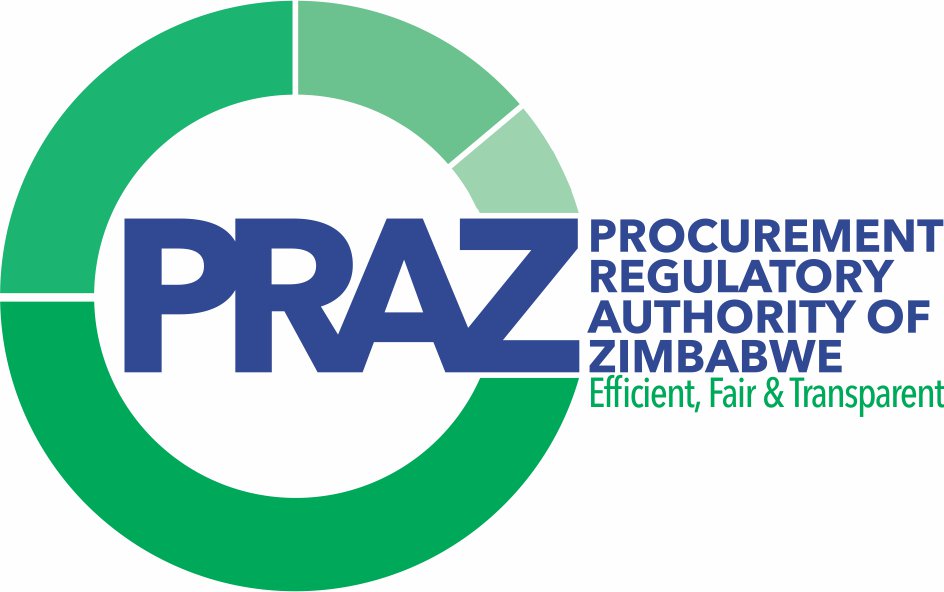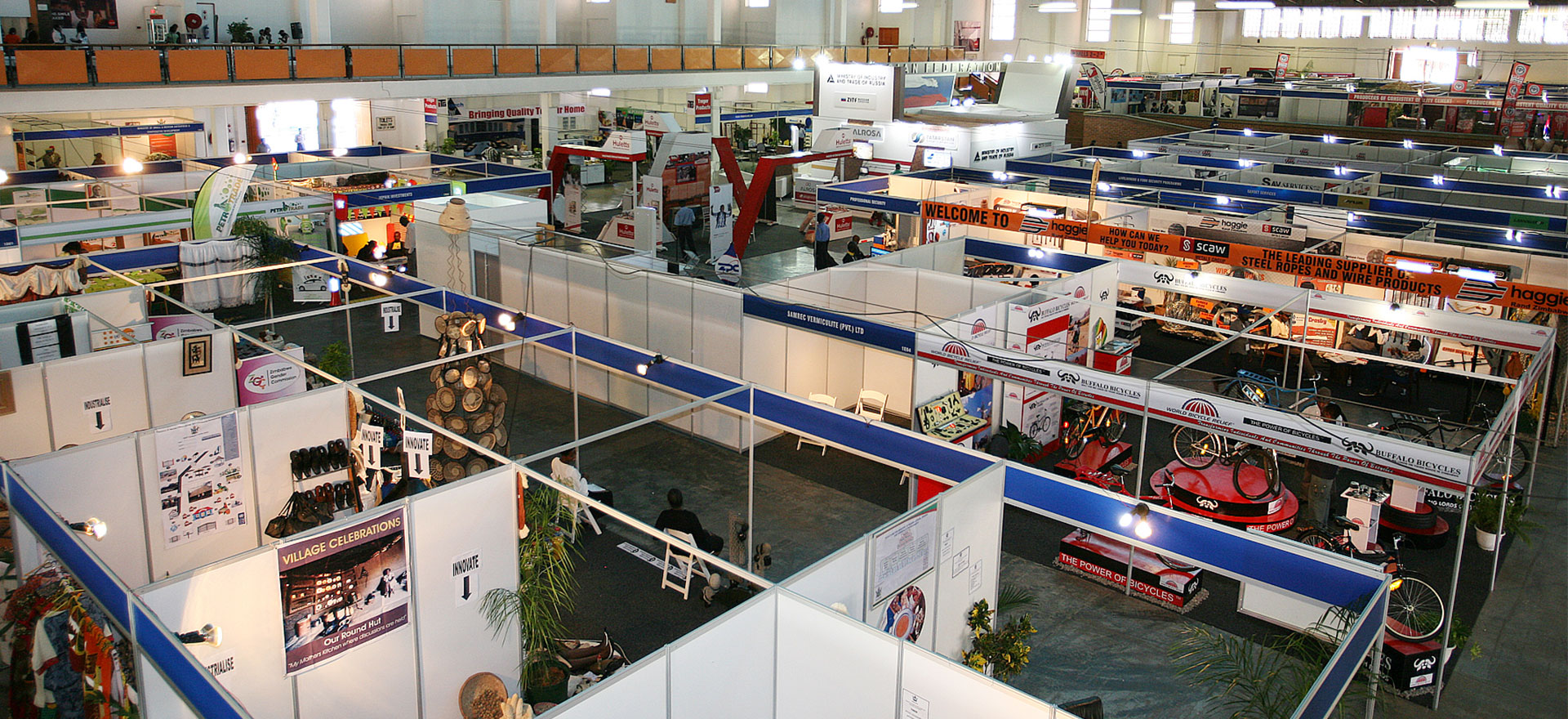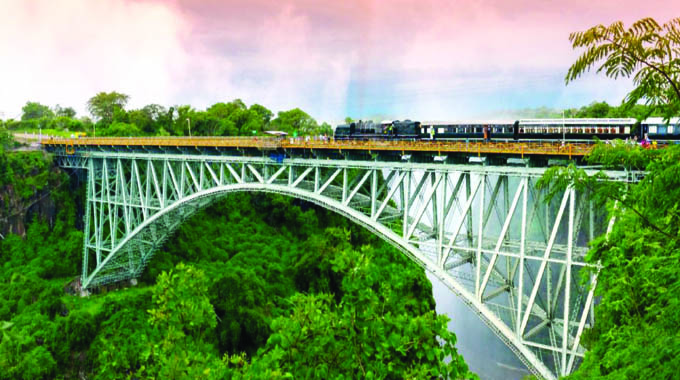Mash Holdings to promote sustainable investments
Mashonaland Holdings says it will be undertaking ongoing projects mindful of the fact to promote its sustainable investments drive, particularly in the Pomona and Borrowdale projects.
Gibson Mapfidza, the chief executive officer of Mashonaland Holdings, at a recently convened analyst briefing, said the company currently had initiatives in place to address the sustainability aspect of the business as it moves to expand its operations.
Practitioners in the local real estate sector are pushing for the construction of more green buildings (climate change-compliant buildings) as the world gears towards sustainability in the construction of infrastructure.
The world is fast becoming conscious of issues related to environmental friendliness, particularly sustainable constructions and it has become so pertinent that foreign investors are looking more and more into how environmentally friendly companies they intend to invest in are.
This is a fairly new business trend referred to as “Ethical Investing” and is increasingly becoming popular in the international arena.
Environmental Protection Agency (EPA) defines green building practice as “the practice of creating structures and using processes that are environmentally responsible and resource-efficient throughout a building’s lifecycle, from design to construction, operation, maintenance, renovation and even in times of deconstruction.”
“As a company, we subscribe to responsible property investment which entails ESG. So we are trying to implement this on our new developments like the Pomona project, you can see that we have provided for off-grid power generation for the office park in Borrowdale.
“Last year we pledged that the project has to be green star rated. We have started engaging with local and South African architects. We are very happy to say as Mashonaland Holdings, we are an active member of the newly registered Green Buildings Council of Zimbabwe so in that regard we are also active in participating,” said Mapfidza.
Green Buildings Council of Zimbabwe was in October last year formally coopted and is now recognised by the global institute of the Green Buildings Council.
Mapfidza, however, indicated that he wished for more of the group’s upcoming projects to be climate change compliant but, however, bemoaned the high cost of conforming and implementing the concept.
“… the cost of doing it in some cases is a constraint but we would like to look more into this as we cover our portfolio.
Green Buildings intended goal is to reduce water and energy consumption, decrease landfill waste, decrease air pollution; and minimise greenhouse gas emissions, thereby slowing down global warming.
These climate change compliant buildings have been presented as the key to addressing or slowing down the effects of climate change through their energy efficiency and promotion of sustainable building and consumption practices.
However, Zimbabwe still has limited architects registered to design typical green buildings which can be rated by the Green Building Council.
Banks that previously embarked on Green Buildings construction hired the services from afar as South Africa and according to Mashonaland Holdings, they may take the same route.
Recently, Green Buildings Council of Zimbabwe chairman, Mike Juru, indicated that the responsible authorities should craft mandatory laws that promote the construction of green buildings, moving away from the current scenario where there are no strict procedures on the issue.
“As a nation right now we are lagging behind in terms of green buildings but we are talking about smart cities, how we rush to talk about smart cities without talking about green buildings that are incomplete, we should be talking about constructions that bring us to taking care of the environment.
“We need to act, be pragmatic, and have a realistic approach to the construction of green buildings, we have to get to the point where government enforces laws to that effect, like in the old days when housing inspectors would check whether there is compliance to the construction laws.
“As a nation, we need to be accountable, and have mandatory green standards, for as long it is an option no one gets to do it,” said Juru.
He indicated that Zimbabwe was at some point ahead of many countries in the construction of green buildings initiative, particularly when it constructed the Eastgate Mall, a prominent position it could not maintain along the way.-businessweekly











